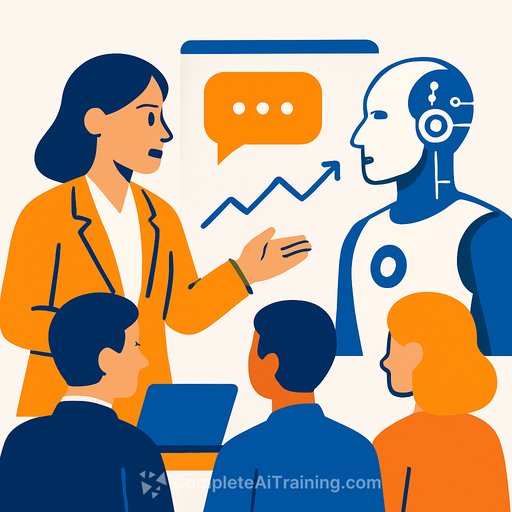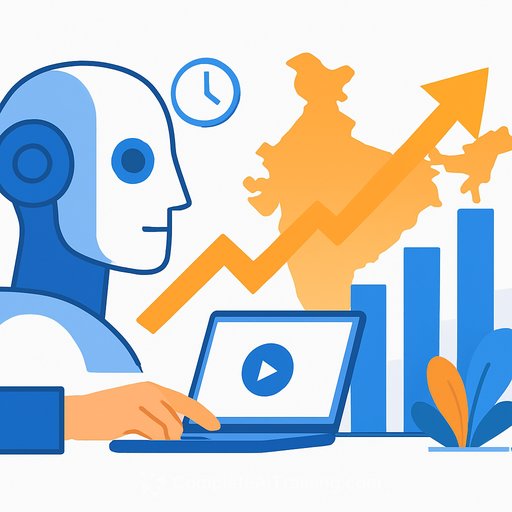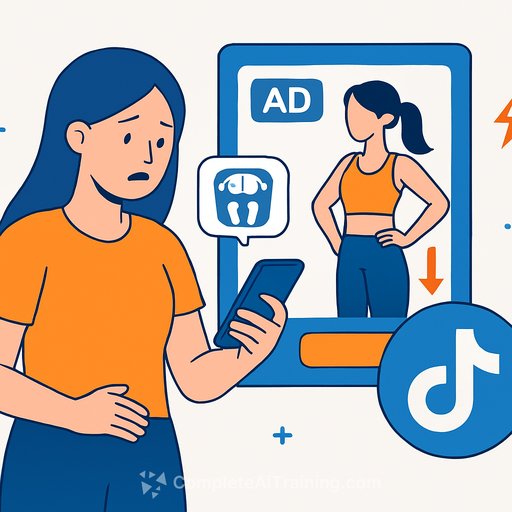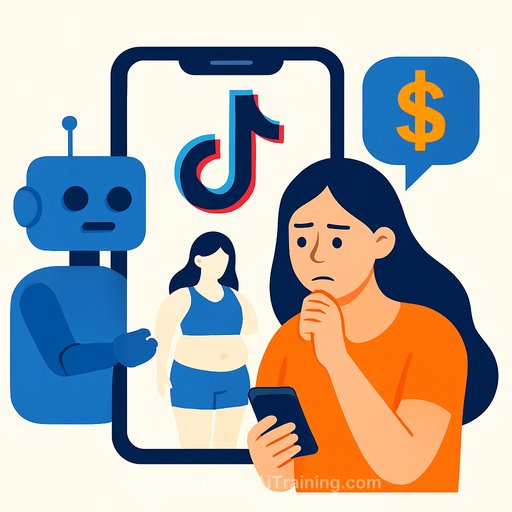CMO Reinvented: You Can’t Build Tomorrow’s Brand with Yesterday’s Marketing
Marketing leaders from Microsoft Advertising, Škoda, Unilever, Samsung, Philips, and others gathered to confront the AI shift directly. The question is clear: Are CMOs ready to lead in a world shaped by machines? Their answers are unfiltered, urgent, and relevant.
“We’re not just adapting to technology: we’re adapting to a completely new marketing paradigm,” says Marwa Khalife, managing director at Globant Gut. This was a key message at The Drum and Globant Gut’s roundtable, kicking off the new AI Marketing Pulse editorial series. This isn’t hype or speculation. AI is now the engine behind modern marketing, reshaping everything from content creation and media targeting to how brands build trust and relevance.
Marketers today must evolve beyond storytelling. They need to be hybrid creative-technologists-business architects. So, are CMOs prepared to lead — not follow — in this AI-driven era? The discussion that follows is honest and philosophical, showing that AI’s impact goes well beyond simple productivity.
Build to Last – AI for Brand Transformation
At Unilever, AI’s promise is foundational, not futuristic. Selina Sykes, VP of Digital Marketing & Social First at Unilever Beauty & Wellbeing, explains: “We created a tool called Brand DNAi, programming it like a brain for our brand assets.” This allows anyone creating content globally to ensure it aligns with brand equity.
Meredith Kelly, head of marketing at Škoda, highlights AI’s role in maintaining control and consistency across markets. Their ChatGPT-style tools help translate ideas appropriately for different regions.
Microsoft Advertising takes it further. Ryan Miles, director of international marketing, shares how AI fills knowledge gaps and uncovers strategic insights that would usually take weeks or months.
Ben Carter, global chief customer and marketing officer at Carwow, sums it up: “It’s about freeing humans to do smarter things. It requires a cultural mindset shift — thinking ‘model-first’ rather than ‘human-first.’”
Marketing to the Unseen – Audiences in the Agentic Age
With signals disappearing and attention fragmenting, AI challenges brands to rethink who they’re talking to. Welcome to the age of agentic audiences — hyper-individualized, fluid, and often invisible in traditional data.
Claudia Calori, VP and head of marketing at Philips, notes how synthesized personas are redefining targeting. “Large language models work best when they have a persona to refer to. It gives teams human reassurance and helps test ideas at scale.”
Khalife adds that brands are using these personas like real-time testing groups. But Mads Peterson, managing director of Globant Gut Copenhagen, warns about pitfalls: “You can get serious hallucinations if data isn’t structured properly. Plus, privacy questions remain.”
Bias is a deeper challenge. AI can find hidden patterns but also reinforce outdated assumptions. Fabio Tambosi, senior brand marketer with experience at Nike, Nokia, and Adidas, states: “Without diverse training data, results are predictable and one-note.”
Mitin Chakraborty, head of marketing at Babyshop, flags a strategic risk: “What if AI is helping you repeat mistakes from ten years ago that no longer apply?”
Iain Walters, head of marketing at Channel 4, offers a blunt view on trust: “If people realize AI-generated content is fake, they switch off.” Trust, relevance, and emotional connection remain the ultimate test for brands.
Creative Courage – AI as the New Creative Muse
Creative processes are evolving alongside brand and audience transformation. But does AI enhance or dilute creativity?
Antonia Faulkner, senior director at Samsung Ads, says: “AI is a facilitator, not a creative boss. It helps brands experiment more in fragmented media.”
The real creative leap happens when teams push AI beyond the first output. Nicolas Rodet, senior VP at Okta, calls it a team sport between human and machine: “AI validates experiences, but humans define them.”
Claudia Calori compares a well-phrased AI prompt to a well-written brief. “Challenging yourself dialectically is where GPT helps stretch your thinking.”
The New CMO Mandate
Where are CMOs on the AI adoption curve? The answer is simple: building, questioning, experimenting, and adapting.
Selina Sykes says: “AI is a foundational technology, like electricity or the printing press. It’s not about AI itself — it’s what you do with it.”
As the conversation closes, the group is left with more questions than answers — about ethics, creativity, inclusivity, and meaning. These are the questions defining leadership in the AI era. AI may help you do more, but only humans decide what truly matters.
For marketing professionals ready to sharpen their AI skills and lead confidently in this new era, explore practical courses and certifications at Complete AI Training.
Your membership also unlocks:






